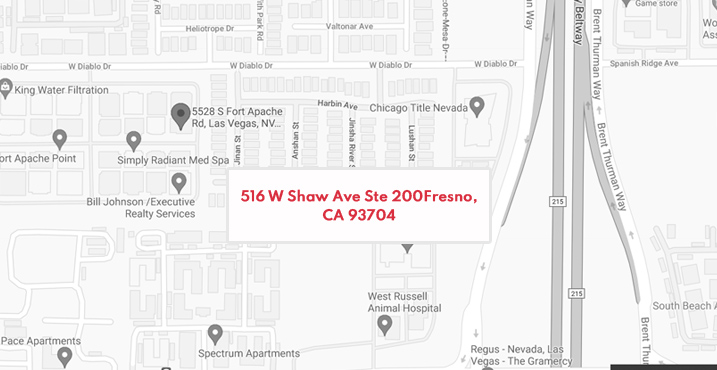Paternity Lawyer in Fresno
Helping You Establish Paternity for a Child
Establishing parentage of a child and having that parentage reflected on the child’s official birth certificate can be important for many reasons. It is every biological parent’s obligation to provide for their children. Maternity is rarely, if ever, in question, due to the facts of pregnancy and childbirth, but paternity can be more challenging to prove.
Establishing paternity can be extremely important in determining who will pay child support if the child’s parents are no longer living together. Child custody issues will also require legal documentation identifying both parents. Establishing who a child’s biological father is can also provide important medical and genetic history, should the child become ill or carry a risk of becoming ill. Paternity cases can be complex and emotional to deal with on your own. Let a Fresno paternity attorney from Bains Law Offices help you through the process. Call our Fresno office today at 559-890-1007
How is Paternity Established in California?
If the child’s parents are married at the time of the child’s birth, the husband is assumed to be the child’s biological father, unless this is contested within the first two years of the child’s life. If a married woman is impregnated by a man other than her husband, that man has two years to establish his paternity. Even if he can establish that he is the biological father, that may not guarantee a role in his child’s life, as some courts favor the stable family situation of the marriage over biology.
If the couple is not married at the time of the child’s birth, the man is still assumed to be the father if he is living with the child and assuming the usual responsibilities of a parent. If not, he may be required to take a paternity test to establish parentage in child support or child custody cases.
What if the Parents Agree That a Man is the Father of a Child?
If both parents sign a “Voluntary Declaration of Paternity” form in California, this establishes legal paternity. This form can be signed at the time of the birth or after, and signing is entirely voluntary. If signed after a birth certificate has been issued, a new birth certificate can be created. By signing, a man is establishing himself as the father of the child and is taking on all rights and responsibilities of parenting, such as visitation and custody rights and financial support responsibilities.
Once a man has signed the Voluntary Declaration of Paternity, he cannot later deny being the child’s father. He has given up his right to any legal process to establish different paternity, including a court trial and DNA testing. Whether to sign the form in cases where paternity is questionable can be complicated and seeking the advice of a paternity lawyer experienced in family law can be a very good idea.
Why is Establishing Paternity Important?
Many things ride on legal status as a child’s parent. Whether a person must make child support payments is one factor usually decided by legal parentage. Financial considerations can also include who pays for health insurance and uninsured medical costs, school costs, or the costs of a child’s extracurricular activities. Another question that depends upon established paternity is whether a person can sue for full or joint legal and/or physical custody of a child. Without proven parentage, a child might have trouble with inheritance in the event of a parent’s passing, and vital medical or genetic history could be unavailable.
Establishing paternity can be a complicated process. Solid legal counsel from one of our experienced Fresno paternity lawyers can help you through the process and bring your child paternity case to the best possible outcome. Call Bains Law Offices today at 559-890-1007.
Who Can Bring a Paternity Suit?
Not just anyone can ask a court to establish the biological parentage of a child. In order to file a case in court to establish paternity, a person must have what is known as “standing” in the paternity case. A paternity case can be filed by the child or unborn child’s mother, the father claiming paternity, an agency investigating possible child neglect, an adoption agency, or a child who is aged 12 or older.






